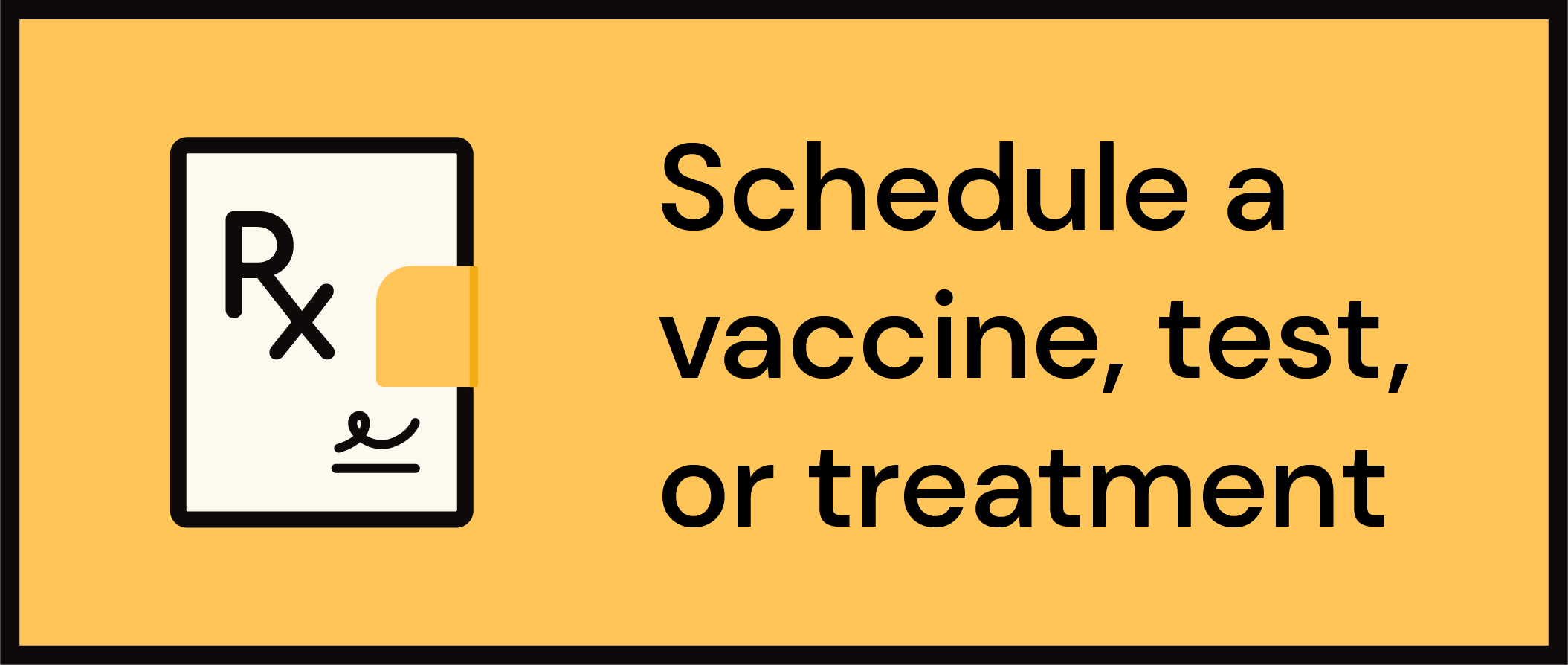Get Healthy!

- Cara Murez
- Posted October 18, 2023
Commonly Used Drug Might Be New Treatment Option for IBS
An inexpensive medication long used for depression and migraines now has a clinical trial to back up its off-label use for another condition that lowers quality of life: irritable bowel syndrome (IBS).
In the study, British researchers found that those taking amitriptyline were almost twice as likely as those taking a placebo to see an improvement in IBS symptoms.
"We were delighted that the drug was both effective and safe for IBS when used at a low dose and titrated [slowly increased],"said Dr. Alexander Ford, a professor of gastroenterology at Leeds Institute of Medical Research at St. James's at the University of Leeds.
About 1 in 20 people worldwide live with the abdominal pain and bowel issues that are hallmarks of IBS, a chronic condition with no known cure.
"IBS has a substantial impact in terms of affecting social activity, ability to work, out-of-pocket expenses and quality of life for sufferers,"Ford said.
Although there are other treatments, most have only a modest impact, according to the study, with people often still suffering symptoms.
"First-line treatments do not work for many patients with IBS, so there is a real unmet need as there are few other available therapies in the U.K. and the impact of IBS on the individual, health care systems and society as a whole is substantial,"Ford said.
Amitriptyline is part of a group of medications called tricyclic antidepressants. It is rarely used for depression now because of newer treatments, but it is still used to help prevent migraines and to treat chronic nerve and back pain.
The new trial included more than 460 people from three regions in the United Kingdom who saw doctors at 55 practices. They were randomized to receive either amitriptyline or a placebo.
Primary care doctors prescribed the medication to patients, and then with guidelines, the patients managed their own doses based on the severity of their symptoms.
The participants in the amitriptyline group reported a bigger improvement in their symptom scores after six months compared to those taking a placebo. They were almost twice as likely as those taking a placebo to report an overall improvement in IBS symptoms.
Anxiety and depression scores didn't change, which suggests the benefits were through the gut and not because of the drug's impact as an antidepressant.
Ford said the medication may work well for this condition because it may have pain-modifying effects, as well an effect on bowels.
Side effects were typically mild, such as a dry mouth in the morning.
The findings were published online Oct. 16 in The Lancet and presented simultaneously at the United European Gastroenterology conference, in Copenhagen, Denmark.
Dr. Kyle Staller, a gastroenterologist at Massachusetts General Hospital in Boston and an assistant professor of medicine at Harvard Medical School, called the results for the trial very exciting.
While these medications have long-since been abandoned for use in depression, "at low doses, which is what were used in these trials, they can be incredibly effective for treating the symptoms of IBS,"Staller said. "And I think that's something that those of us who primarily take care of IBS patients have always known, but we didn't have the evidence yet."
While this may establish the drug as a second-line treatment, Staller sees its potential as a first-line medication.
Staller noted there has been some reluctance to prescribe these drugs in the primary care community and even among some gastroenterologists because they carry the stigma of being antidepressants.
Sometimes patients have that same reluctance, perhaps feeling that the doctor thinks the condition is in the patient's head, he said.
"People have to be willing to explain that we're not treating depression or anxiety, we're treating the peripheral, meaning the nerves that connect the brain and the gut,"Staller explained.
"And I think separately, gastroenterologists and primary care providers have also been a little bit hesitant because they're worried about potential side effects because they're antidepressants and people know that at high doses there can be some significant side effects,"Staller added.
But this trial used very low doses of between 10 milligrams (mg) and 30 mg, he said, leading to low side effects.
Staller speculates that the medication may work on this array of conditions because these are disorders of connections between the brain and other parts of the body and involve inappropriate signaling.
"The way I describe this to patients is that these medications can really be like training wheels for those nerves,"Staller said. "They can teach these nerves how to better work and to turn down the volume on these abnormal signals that are coming up to the brain. And I think that paradigm really applies to IBS, but it applies to a variety of other conditions as well."
The way the trial was managed, using primary care, means the results of the trial are likely to be applicable to many people with this condition, according to the study.
More information
The U.S. National Institutes of Health has more on irritable bowel syndrome.
SOURCES: Alexander Ford, MD, professor, gastroenterology, and honorary consultant gastroenterologist, Leeds Institute of Medical Research at St. James's, University of Leeds, and Leeds Gastroenterology Institute, Leeds Teaching Hospitals Trust, United Kingdom; Kyle Staller, MD, MPH, gastroenterologist, Massachusetts General Hospital, and assistant professor, medicine, Harvard Medical School, Boston; The Lancet, Oct. 16, 2023; presentation, United European Gastroenterology conference, Oct. 16, 2023, Copenhagen, Denmark








